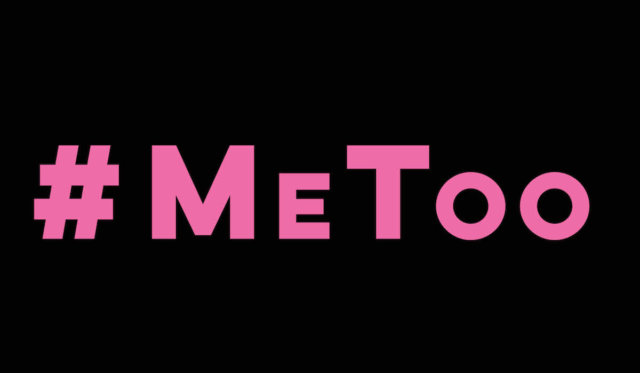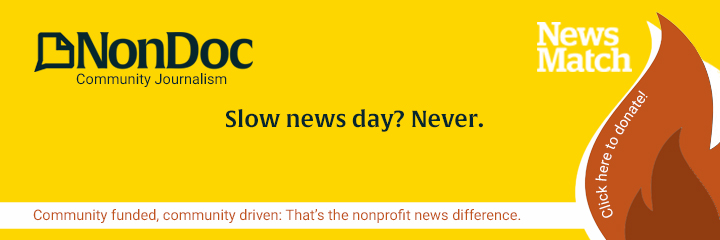
“I’m going to see who really cares. Copy, paste, and send this to 30 friends in the next 98 seconds or you’ll be sexually assaulted.”
You’ve seen the chain posts on social media, and if you’re like me, you’ve scrolled past them, dubious to the adverse effects threatened if you don’t comply.
But Monday was the day I stopped scrolling.
After seeing the fifth or sixth post with the trending hashtag #metoo, which was meant to shed light on the scope of sexual harassment and assault that women face, I googled “How many people are sexually assaulted every hour?” Apparently even that was too hopeful. According to Rape, Abuse & Incest National Network (RAINN) someone is sexually assaulted every 98 seconds in America.
‘Why do I remain silent?’
As a number, 98 is also two pounds short of how much I weighed as a middle school student when I was forced off a hiking path during a field trip and was told by a boy that my elastic-waisted shorts offered “easy access”.
And I’d be willing to bet it took much longer than 98 seconds for another boy to find his keys after he had tried to “convince” me to get into his car. (I’d hurled them into some nearby woods in an attempt to thwart his efforts.)
I do not feel ashamed of these stories, for I am one of the fortunate women who have not been convinced by society that sexual assault and harassment is our own fault. But before the #metoo hashtag, nobody had heard my stories. As I continued reading other stories about sexual harassment and assault, I wondered an important question: “Why do I remain silent?”
#MeToo: Breaking the silence
For me, the answer lies in my internal struggle with how to respond to friends and family who have posted their stories on Facebook. Do I choose to like or love their bravery? Do I select the angry or sad face to express my own ignorance to their trauma? Or do I click the shocked face, even though I’m not all that shocked after 47 posts? (Yes, I counted.)
We don’t know how to talk about sexual harassment and assault. We don’t know how to react to it. We may not have even known it existed in our circle. I didn’t.
Every day, at least 98 teenagers walk into my classroom. I don’t tell them that it’s unacceptable to touch someone and then pretend it was an accident as you laugh with your friends. I don’t focus on how whistling at someone and trying to pass it off as a compliment is inappropriate. And I can’t say for certain that, during these students’ four years of high school, anyone else will either.
Yet the state of Oklahoma has charged me with the task of “help[ing] each student realize his or her potential as a worthy and effective member of society.” I’m crazy enough to think this includes how to avoid sexually harassing and assaulting someone, as well as how to deal with being a victim. I have the platform, and plenty of unfortunate experience, but I don’t talk about it.
So, I’m just going to start talking about it. I feel safe enough to while some don’t, and that’s OK. Maybe I won’t start in the classroom, as I still suspect I might get 98 emails from angry parents if I did, but I am going to start telling my stories and welcoming others to do the same.
Maybe, just maybe, I will someday be able to tell my daughter, “We talked about sexual assault in my class today,” and she will confidently say, “Me too!”






















